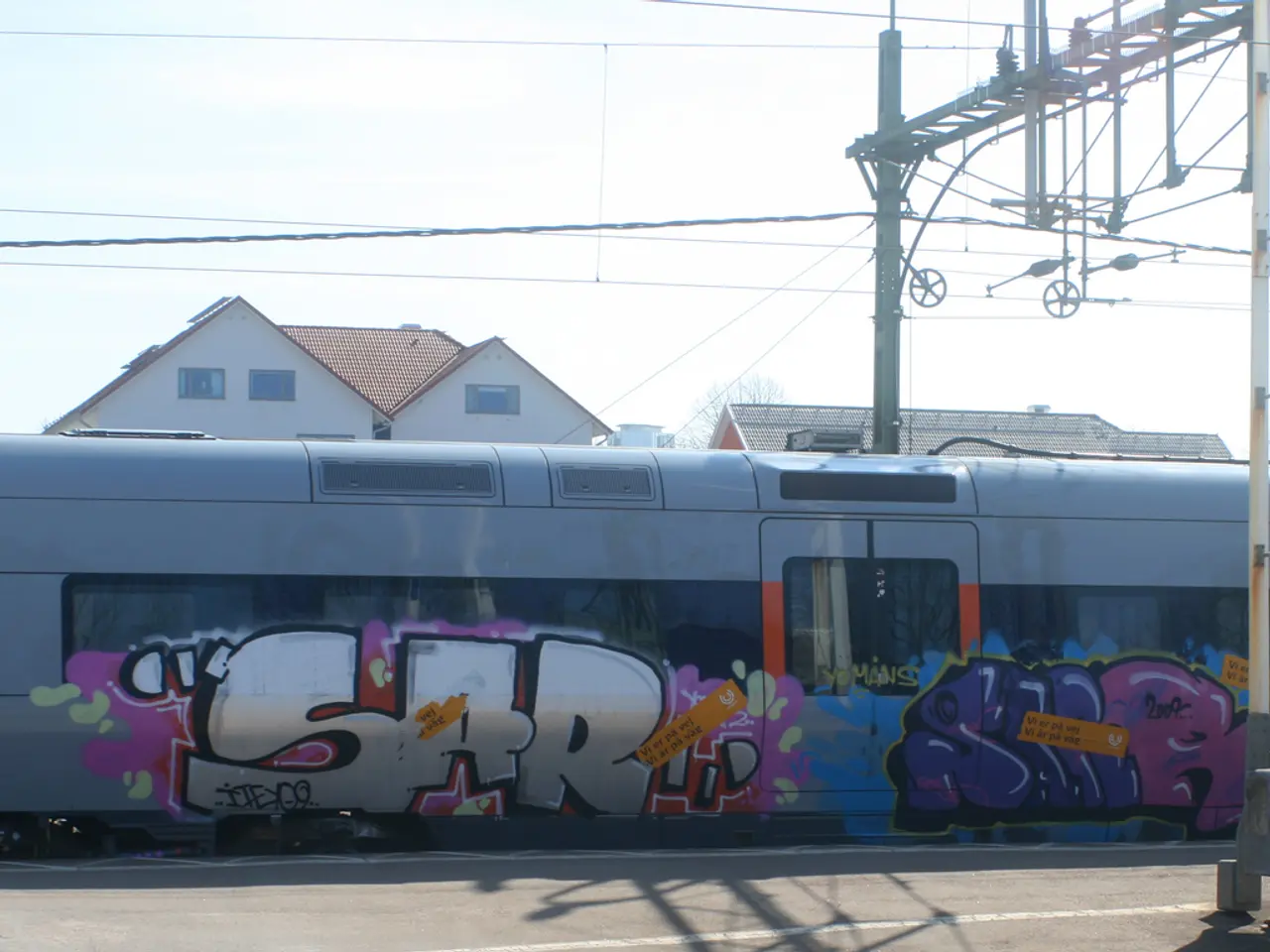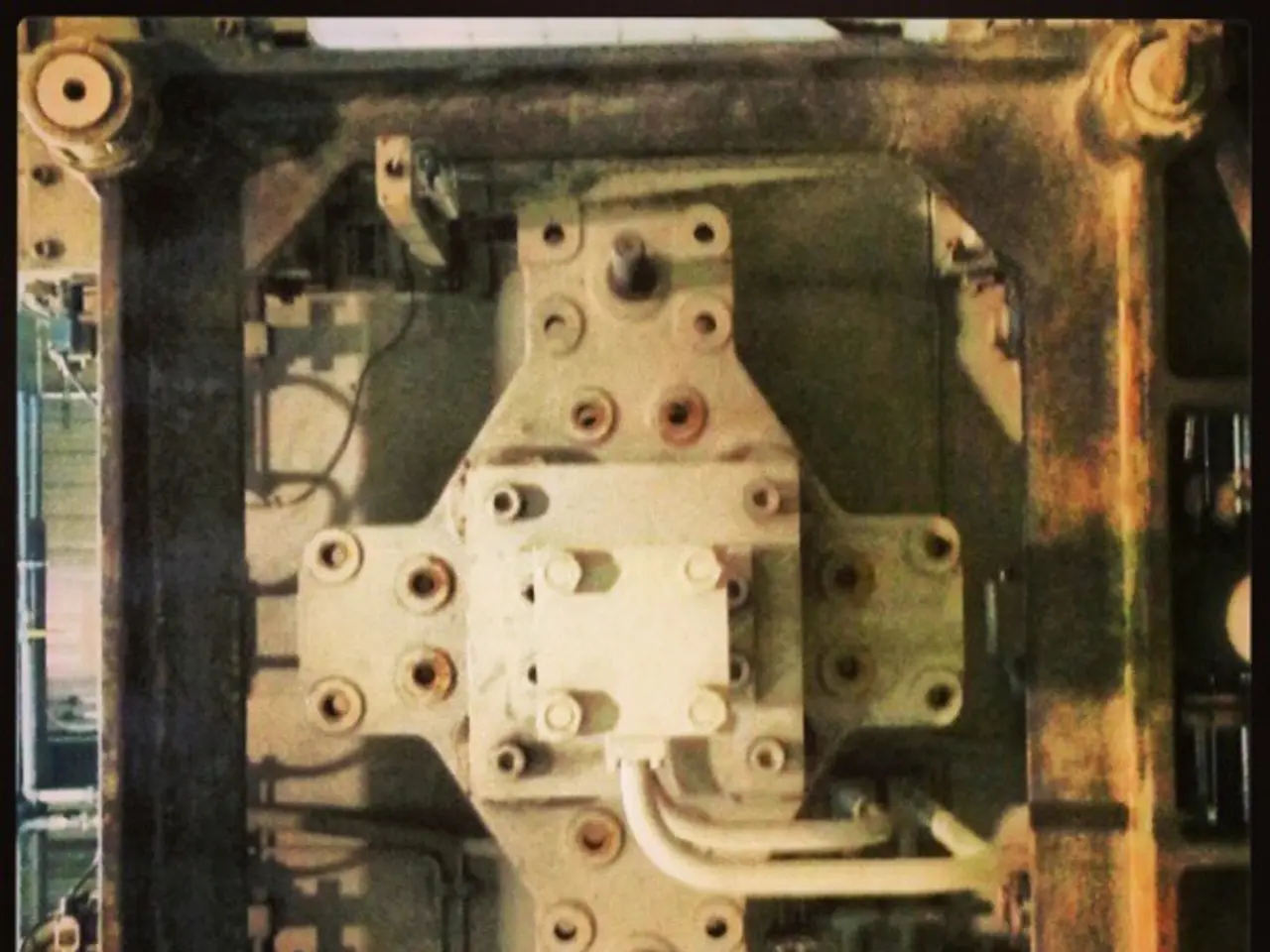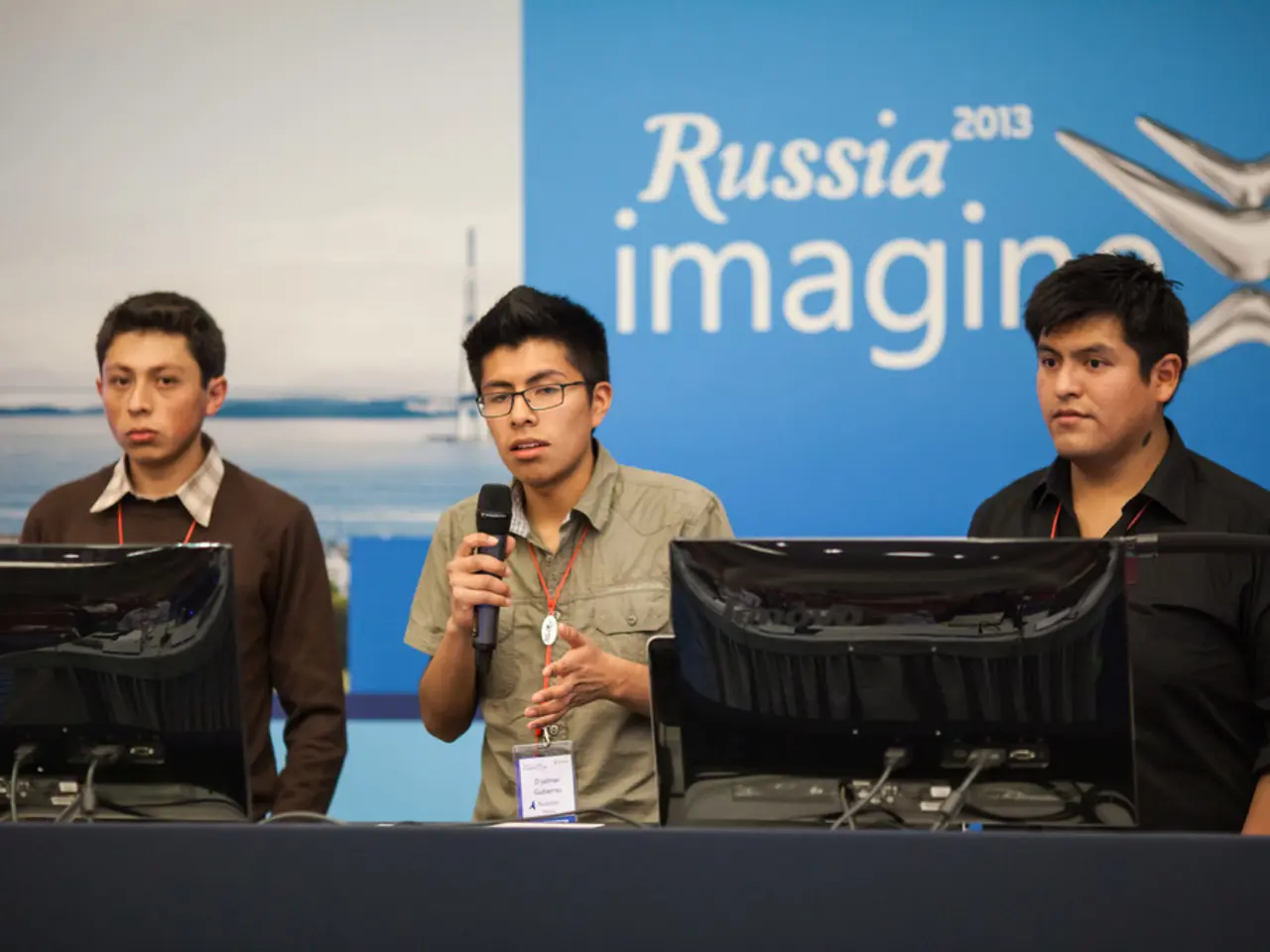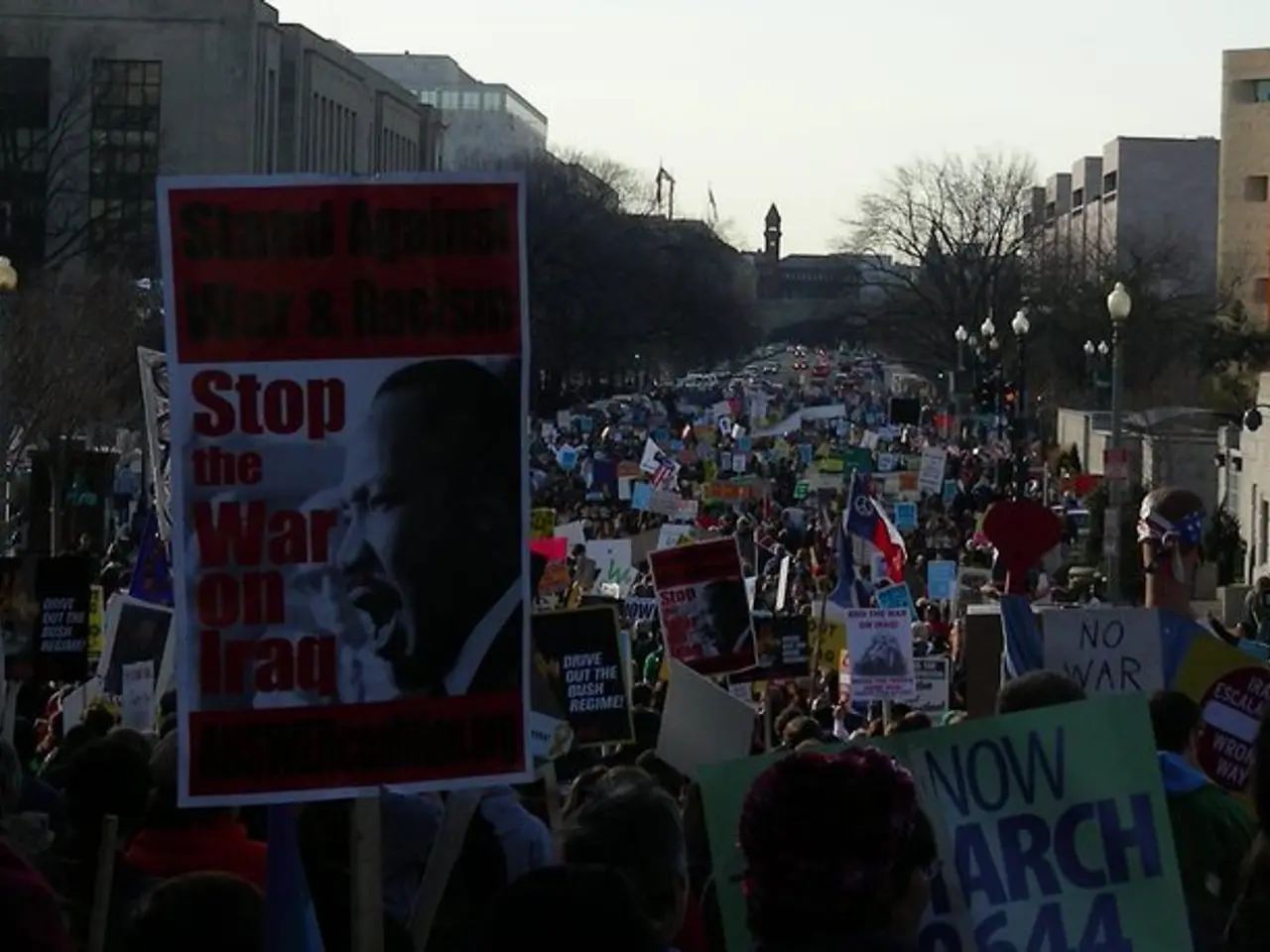Border-crossers intently instigate issues at the Estonia-Russia border checkpoints
In recent times, escalating geopolitical tensions and security concerns have led to increased problems at the Estonia-Russia border, particularly at the Narva-1 checkpoint.
The root cause of these issues can be traced back to aggressive Russian military movements near Estonia’s borders, unauthorized incursions into Estonian territorial waters and airspace, and increased electronic warfare activities by Russia designed to disrupt communications and radar systems close to Estonia. These actions have prompted Estonia to enforce strict border controls and law enforcement policies to safeguard its sovereignty and prevent security breaches.
Key reasons for these stringent measures include the deployment of electronic warfare systems near the Estonian border to jam GPS and communications, border violations such as a Russian border guard vessel entering Estonian territorial waters near Vaindloo Island without permission, airspace violations by Russian fighter jets, and the geopolitical context of Russia’s invasion of Ukraine in 2022. Estonia, as a NATO and EU member, has maintained a firm position supporting Ukraine and increasing defense readiness against potential Russian aggression.
Due to these risks, travelers should anticipate rigorous border checks and possible delays at Estonia-Russia crossings. Incidents of border violations and military activity contribute to a tense crossing environment, suggesting advisories likely recommend caution for travelers crossing between these countries. NATO and EU coordination around regional security may influence travel and transit policies, urging citizens and transport operators to stay informed about current conditions.
However, separate from these border issues, concerns have arisen regarding the behavior of police officers at the Narva-1 checkpoint. Alexei Yevgrafov, a member of the Estonian Parliament, has raised concerns about strange behavior by police officers near the checkpoint. Reports suggest that police officers are preventing people from sitting on benches and seeking shelter from the rain at the Narva-1 checkpoint. Igor Taro, the Interior Minister of Estonia, has responded, stating that the demands of the law enforcement officers are justified and there will be no revision of the instructions.
Despite these concerns, Taro has not recommended traveling to Russia and has previously threatened to close the Narva-1 checkpoint due to excessive use by local residents. Yevgrafov suggests that the increased queues at the checkpoint are due to anti-Russian measures, but no further information about the reasons for the increased queues has been given.
In summary, the increased problems at border crossings reflect broader security challenges from Russia’s recent hostile activities near Estonia, prompting Estonia to adopt strict law enforcement measures and issue formal protests. The situation at the Narva-1 checkpoint, with reports of strange behavior by police officers, warrants careful monitoring. Travelers are advised to stay informed about current conditions and anticipate possible delays and rigorous border checks when crossing between Estonia and Russia.
The tense environment at the Estonia-Russia border, marked by war-and-conflicts and geopolitical politics, can be linked to Russia's aggressive military actions and border violations near Estonia's territory. These incidents have prompted Estonia to enforce strict border controls and law enforcement policies, leading to increased problems at checkpoints like Narva-1.
The behavior of police officers at the Narva-1 checkpoint, including preventing people from seeking shelter, has raised concerns within the politics of general news, with members of the Estonian Parliament advocating for scrutiny and questioning the necessity of these actions.







